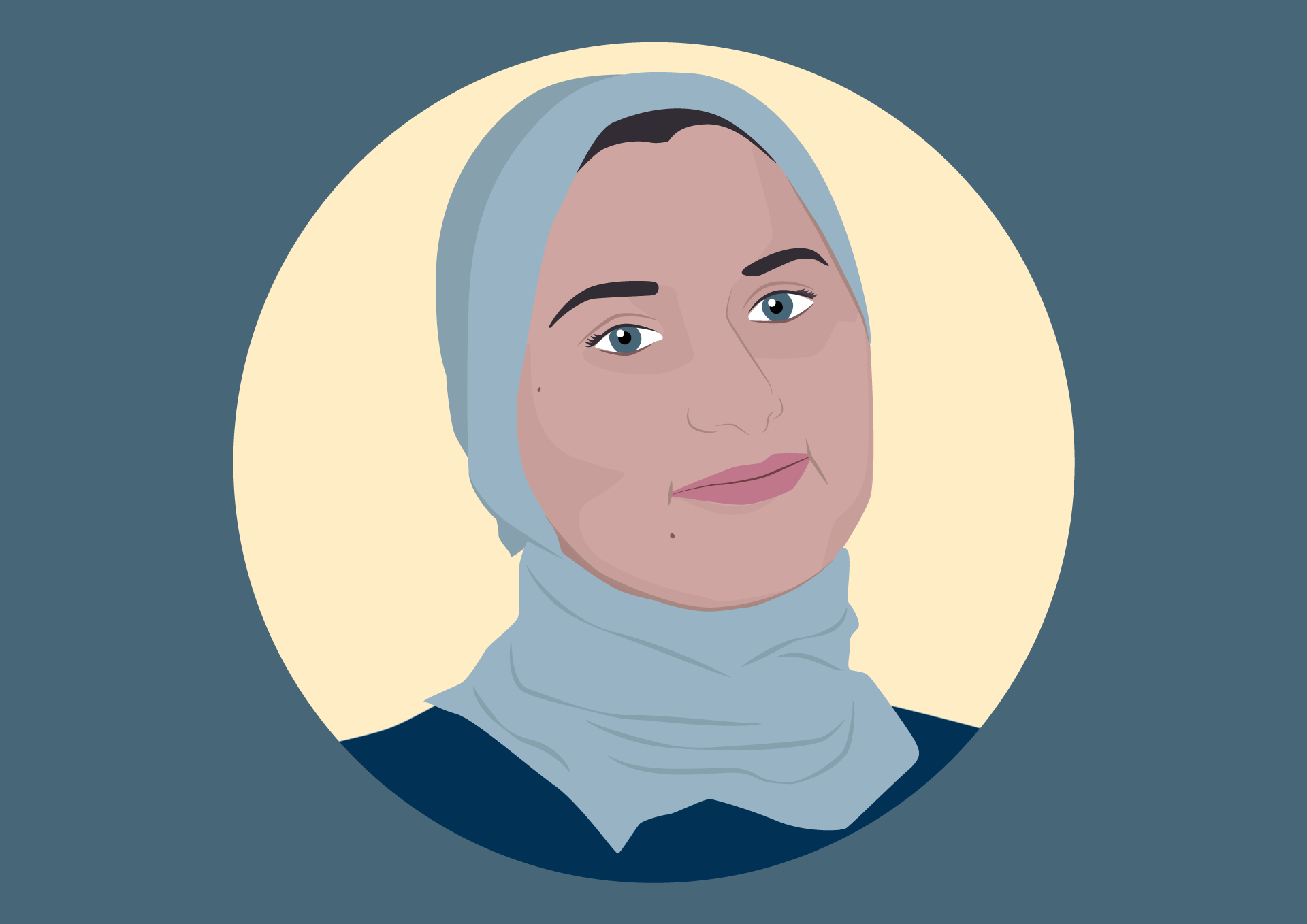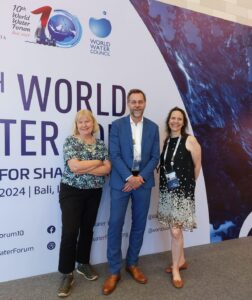How does WASH contribute to peace? 3 questions to Manal Sami Alshraideh
“Heightened security concerns and political complexities exacerbate water-related challenges, resulting in limited accessibility and compromised quality of WASH services.”
What do you think would be something that could improve, or be the most impactful, on peace?
In my experience working in WASH, I’ve found that systematizing services is crucial for improving access. Clear roles, responsibilities, and defined processes minimize confusion and enhance accountability among stakeholders. By standardizing protocols and promoting transparency, systematic approaches ensure sustainable service delivery and empower communities to actively participate in decision-making.
Additionally, investing in capacity building further strengthens the effectiveness of these systems by equipping stakeholders with the necessary skills and knowledge to implement and maintain WASH initiatives effectively, ensuring long-term success and resilience.
Is there anything that you are working on right now that you feel is contributing to peace?
In my current role, I coordinate the UNICEF MENA Partnership Cooperation Agreement for 2022-2025, which aims to supporting WASH system strengthening in the WANA region. Through this project, we are actively contributing to peacebuilding efforts in several ways.
Firstly, by translating evidence into practical tools and guidelines on critical topics such as Water Scarcity and Climate Change Enabling Environment, we are positioning these issues on the regional agenda and informing programming, thereby promoting stability.
Secondly, through our dissemination efforts via regional and global events and webinars, we are fostering knowledge exchange and advocacy, raising awareness of WASH-related issues essential for peace.
Lastly, our provision of tailored technical support to countries facing challenges, including Iraq, Tunisia, Palestine, Iran, Yemen, Syria and Sudan, in strengthening the Enabling Environment for WASH services amidst climate change, water scarcity, and humanitarian crises, is instrumental in promoting resilience and stability in these regions.
In summary, SIWI’s multifaceted approach to strengthen WASH systems contributes significantly to peacebuilding. It addresses root causes of instability, promotes awareness and advocacy, and provides targeted support to countries in need, ultimately working towards building peaceful and resilient communities in the MENA region.












